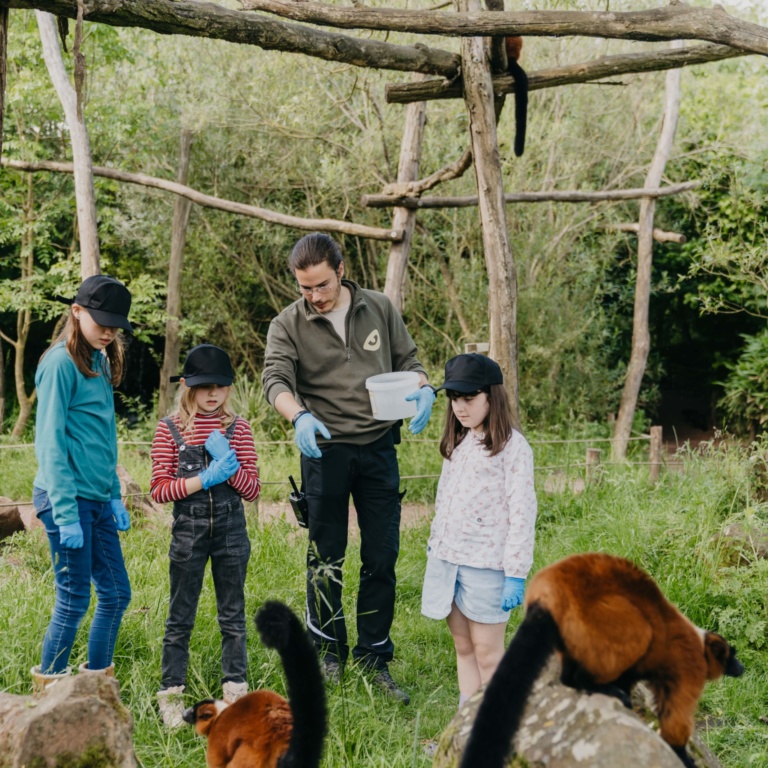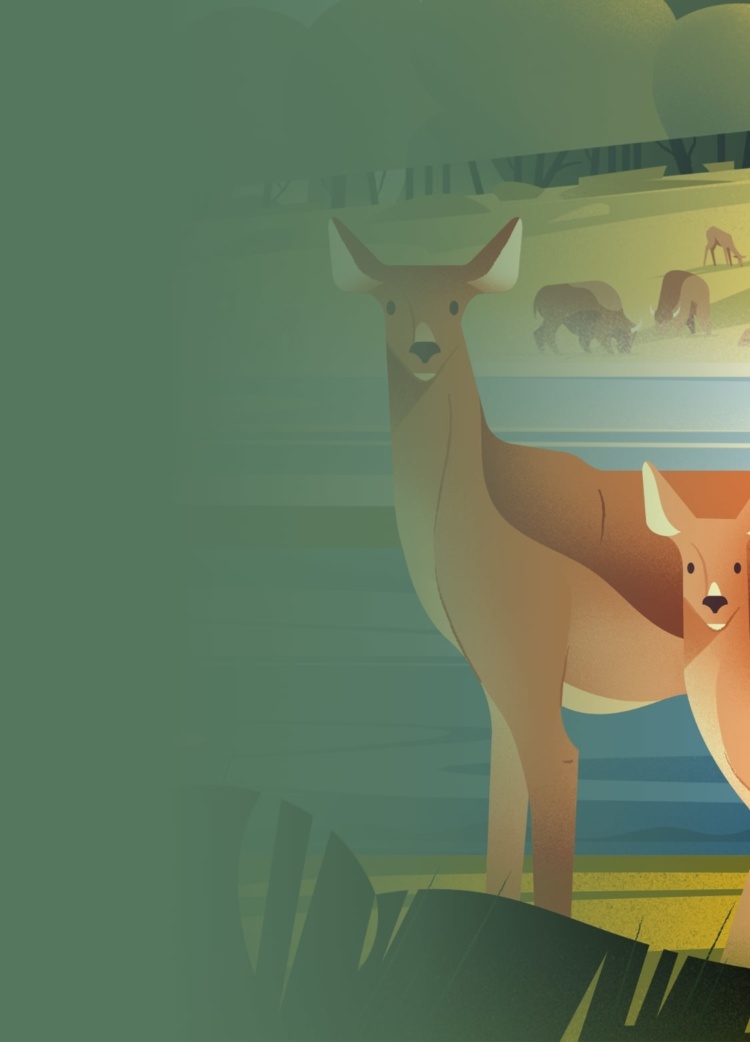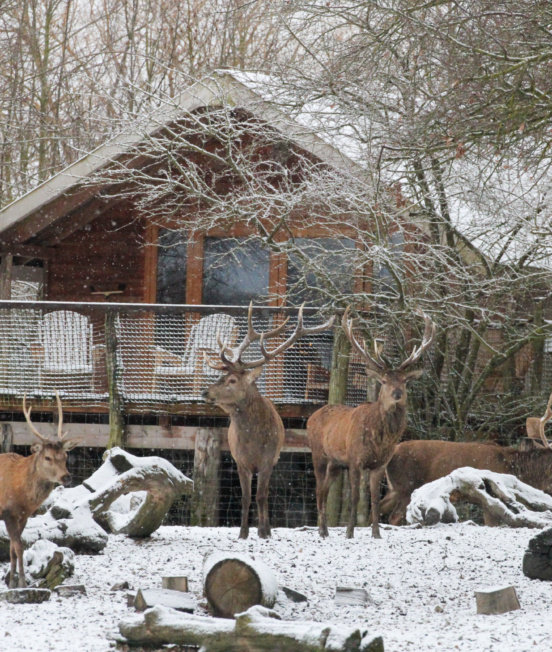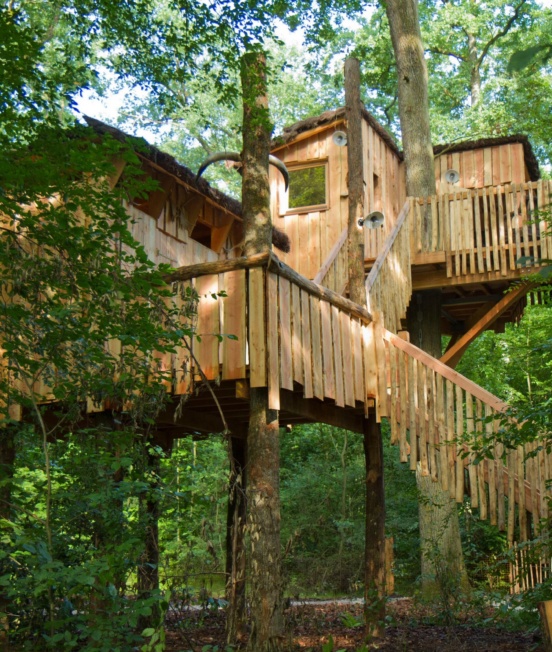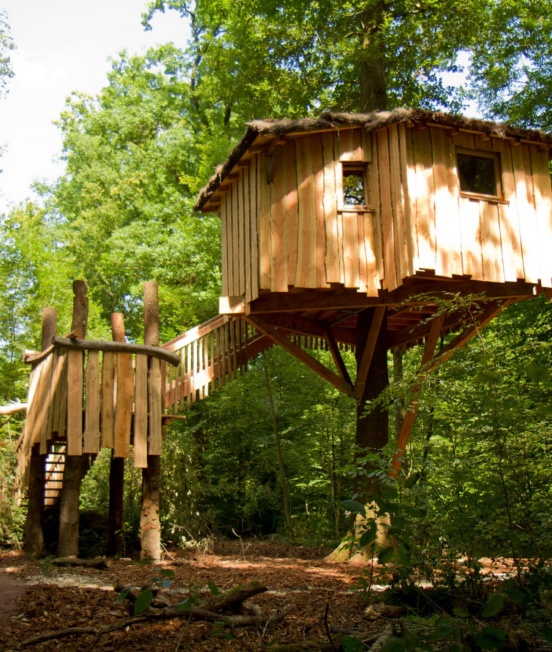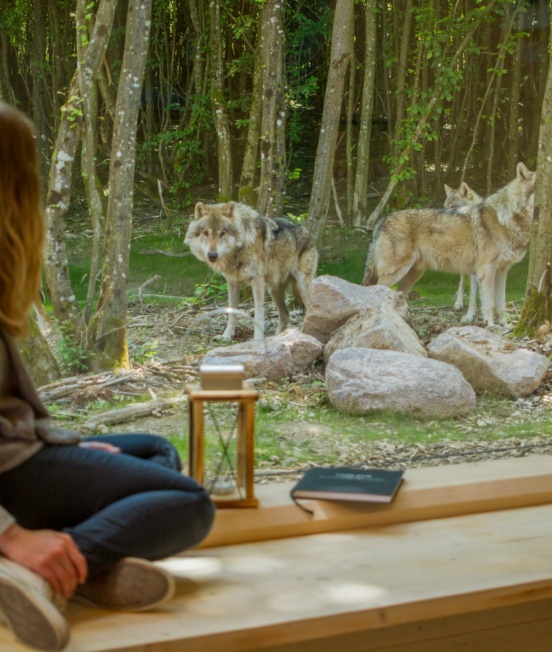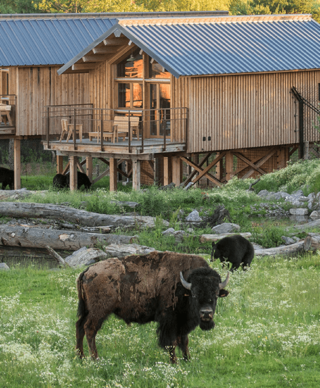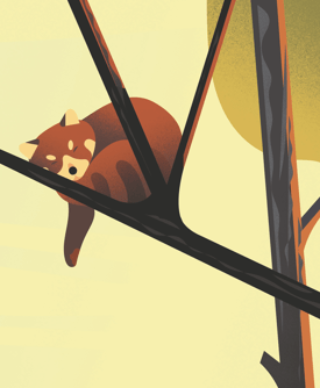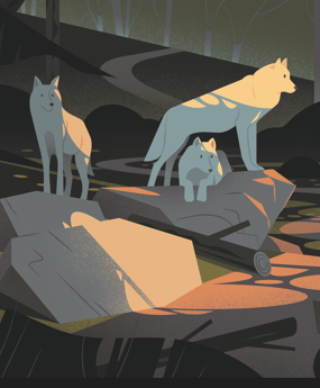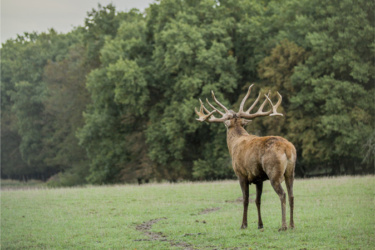
The red deer plain
Several herds of deer roam the park, their habitat a beautiful nature reserve, a delight to behold. You’ll see red deer, European fallow deer, and European mouflon. Don’t forget to learn all about them in the nearby exhibition centre. Learning is fun at Sainte-Croix !
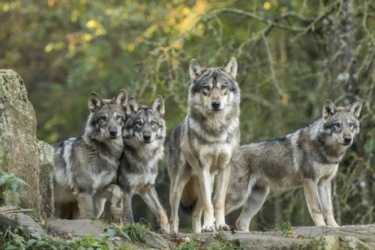
Europe’s big carnivores
At the Parc Animalier de Sainte-Croix you can spot Europe’s four biggest carnivores. Enjoy one of the most spectacular presentations of brown bears in Europe. Admire the pack of grey wolves as you follow the original trail and observe the lynx and our pair of wolverines.
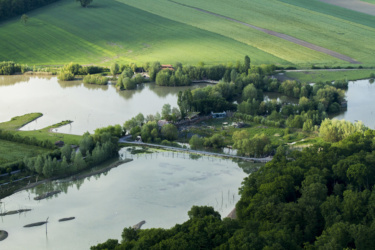
The world of wetlands
Take in the fresh air at the water’s edge. The natural world has taken back its rights in our wetlands. Migratory birds, fish, pelicans, and waders enjoy a peaceful life in and around our ponds. Sample some local food in an idyllic setting at our fisherman’s lodge, the snack du pêcheur.
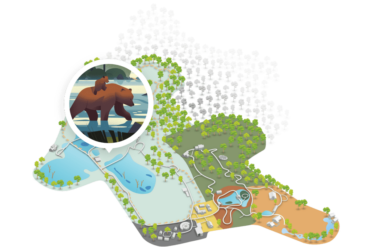
120 hectares of unspoilt countryside
Spanning 120 hectares, the Parc Animalier de Sainte-Croix is home to a selection of European fauna and a contributor to worldwide biodiversity. Explore the five areas of our leafy park where 1,500 animals representing 100 species roam freely.
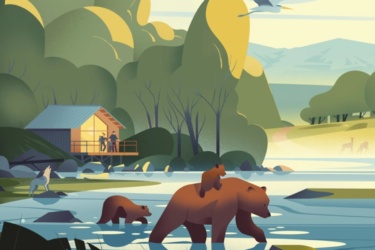
Protecting wildlife and biodiversity
At Sainte-Croix, we are committed to the conservation and protection of the environment.
-
Environnement
Since we founded the reserve in 1980, Sainte-Croix has been committed to protecting our planet. Our awareness-raising campaigns for staff and visitors have helped establish our role as leaders in nature protection instruction.
-
Conservation
More than 50 animals have been released into their natural habitats since the reserve opened.
-
Reintroduction
Captive-bred animals may be released into the wild to help increase populations of endangered species.



